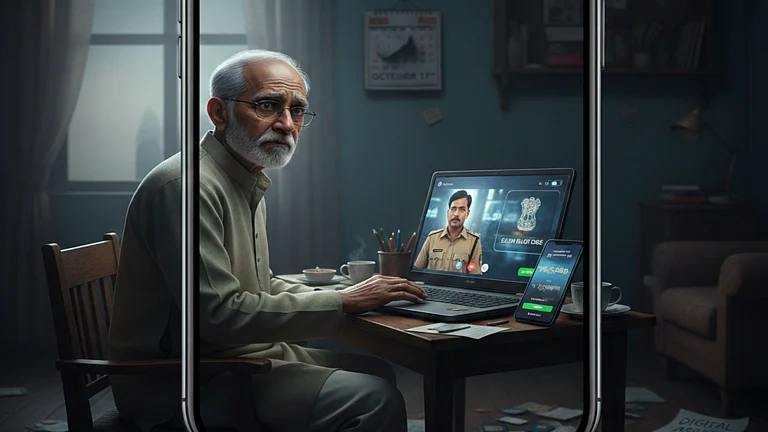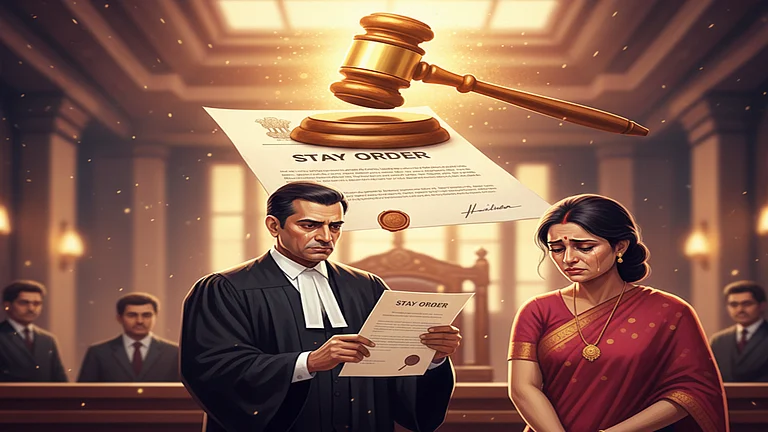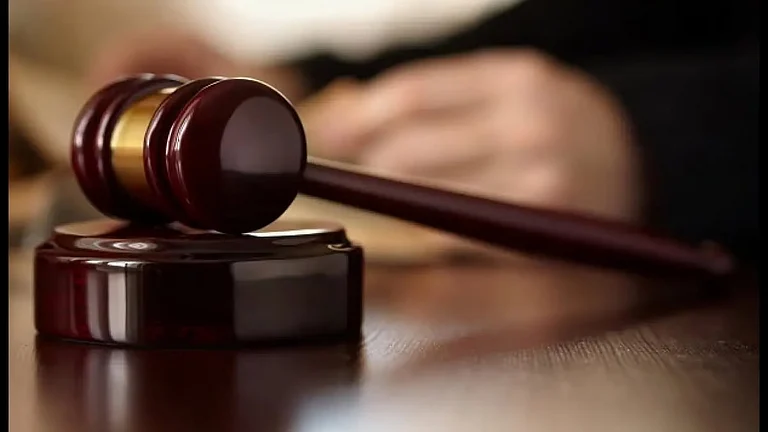A senior couple, who had invoked the Maintenance and Welfare of Parents and Senior Citizens (Senior Citizen Act) 2007 and filed a lawsuit in the Supreme Court, had their suit rejected on March 28, 2025.
The Act provides a streamlined process for senior parents whose care is often neglected by their children or relatives and who also lack financial support. The Act allows seniors to file a suit against their children to resolve the issue and demand the needed care.
However, the Act does not explicitly give the parents the right to evict their children or relatives from their home. The Supreme Court has interpreted the provisions related to the property transfer to allow such eviction orders under such circumstances.
What the Act Says
The Senior Citizens Act, 2007 allows parents over the age of 60 years who are unable to maintain themselves “from his own earnings or property owned by him” to file a suit for maintenance against their children or relatives (legal heirs). It places an obligation on these children or relatives to meet the parents’ needs “so that such parents may lead a normal life”.
The Act also offers the seniors dedicated tribunals to hear these suits, along with appellate tribunals to hear challenges to any orders passed.
Crucially, Section 23 of the Act also gives parents an avenue to receive maintenance even after transferring or gifting their property. Under Section 23(1) of the Act, a senior citizen may gift or transfer her property with a condition that the receiver “shall provide the basic amenities and basic physical needs”. If this condition is not met, the provision states that the transfer “shall be deemed to have been made by fraud or coercion or under undue influence”, and can be declared void if the senior citizen approaches the tribunal.
Section 23(2) of the Act states that senior citizens have a right to receive maintenance from an estate, and if this estate is transferred (wholly or partially), this right can be enforced against the new owner of the estate so long as they are made aware of this right.
What is the Result in the Ongoing Case?
In 2019, a tribunal under the Senior Citizens Act had granted temporary relief to the senior couple, forbidding their son, Krishna Kumar, from encroaching on any part of the house without the parents’ permission. The order granted Kumar access to only the utensil shop which he ran out of the same building and the room where he resided with his wife and children. The tribunal had also stated that eviction proceedings may only be revived against Kumar if he further misbehaved with his parents.
Unsatisfied with the tribunal’s order, the senior couple approached the Supreme Court in 2023 seeking to evict Kumar from the home, claiming that he had neglected to take care of them and had been torturing them mentally and physically.
However, the apex court noted that “there is no complaint or any material on record to indicate that after the aforesaid order, Krishna Kumar has in any way humiliated his parents”. The court also clarified that “it is not necessary and mandatory to pass an order of eviction in every case”.
How Such Cases Come Under Supreme Court’s Jurisdiction
In a separate case in 2020, the Supreme Court had passed judgment where the parents and their sons sought to evict the daughter-in-law from the matrimonial home under Senior Citizens Act, 2007. Both sides were involved in other ongoing parallel disputes, which included a pending divorce case proceeding and a suit for maintenance filed against the husband by the daughter-in-law.
In 2015, the Assistant Commissioner in Bengaluru North Sub Division had ruled that the property owned by the parents was owned by the daughter-in-law. In 2020, the Supreme Court (SC) ruled that the daughter-in-law was protected from being evicted from their “shared household” under the Protection of Women from Domestic Violence Act, 2005, even if she did not have a “right, title, or interest in the shared household”.
The SC also clarified whether a tribunal under the Senior Citizens Act, 2007 could order an eviction. A Bench of the Supreme Court, comprising then Chief Justice of India DY Chandrachud, and Justices Indu Malhotra and Indira Banerjee, agreed that senior citizens have the right to receive maintenance from an estate and that the power to order eviction is implicit. The court also ruled that the tribunal may order the eviction of a child or relative from the property of a senior citizen if there has been a breach of the obligation to maintain the senior citizen.


















